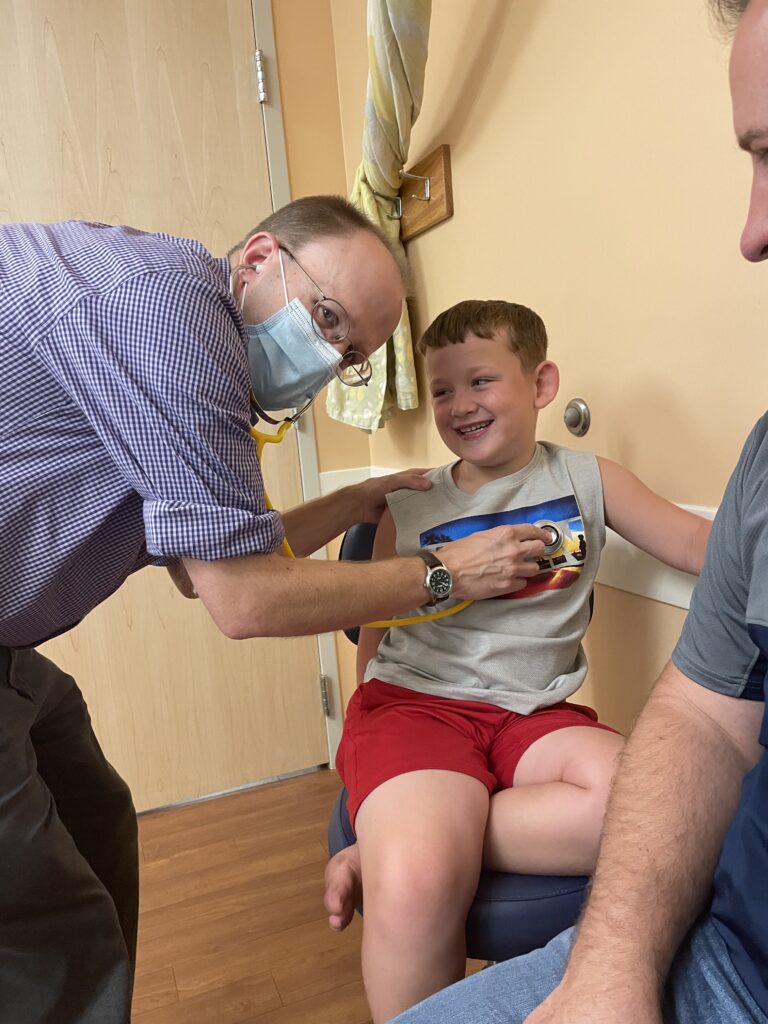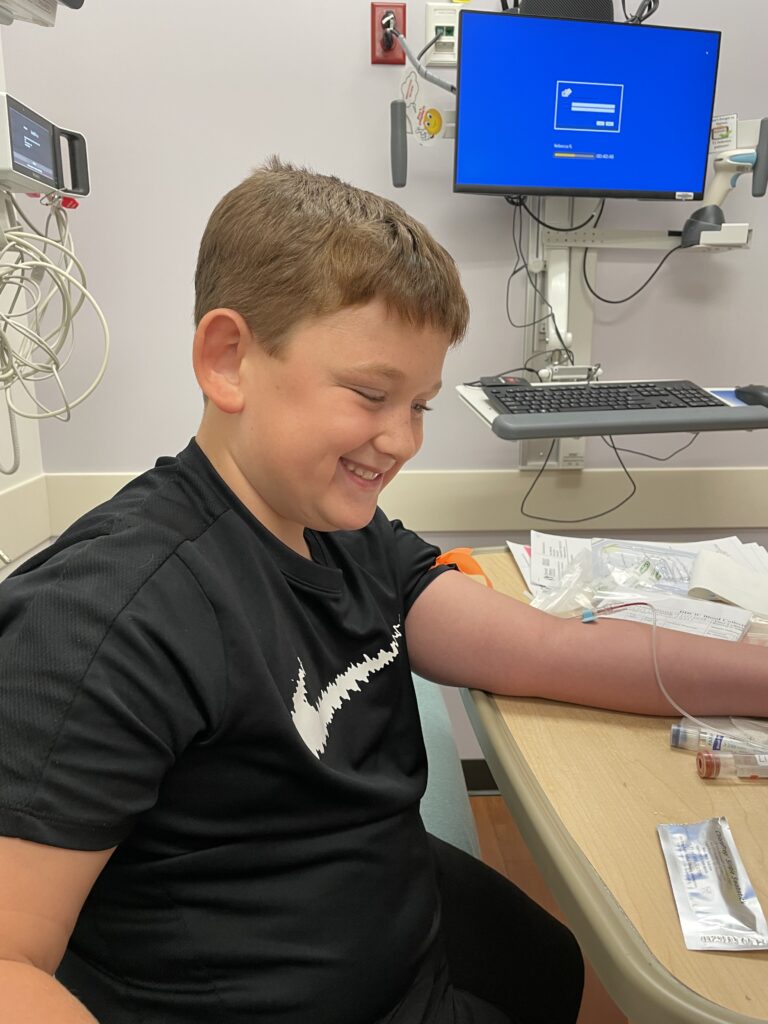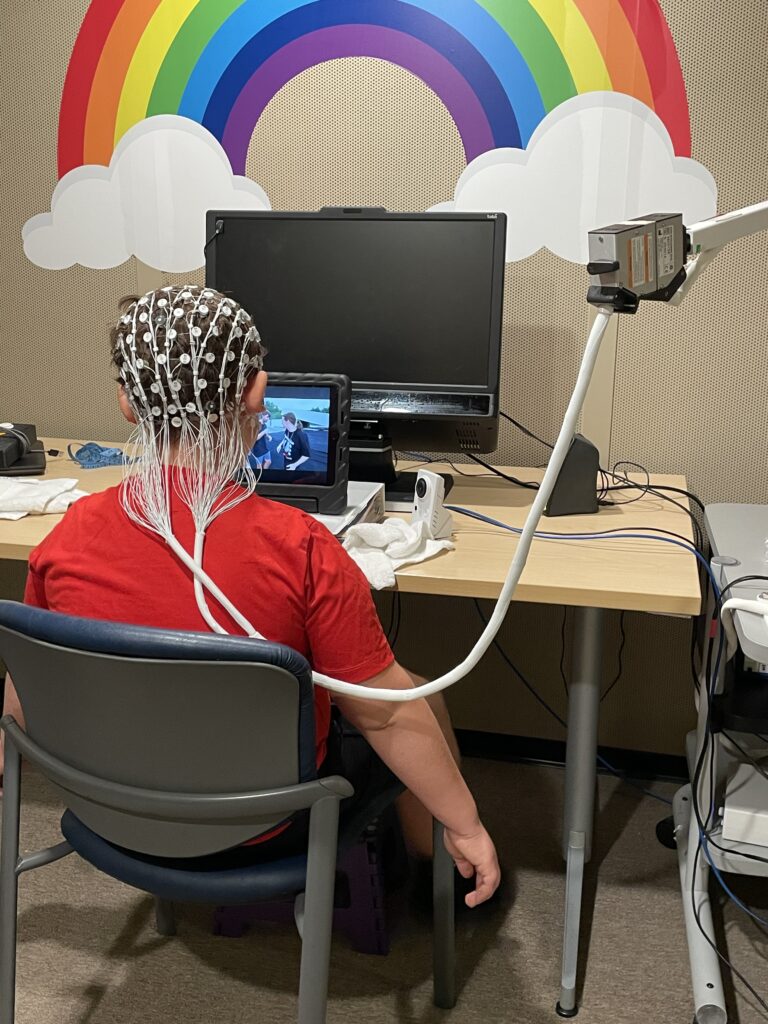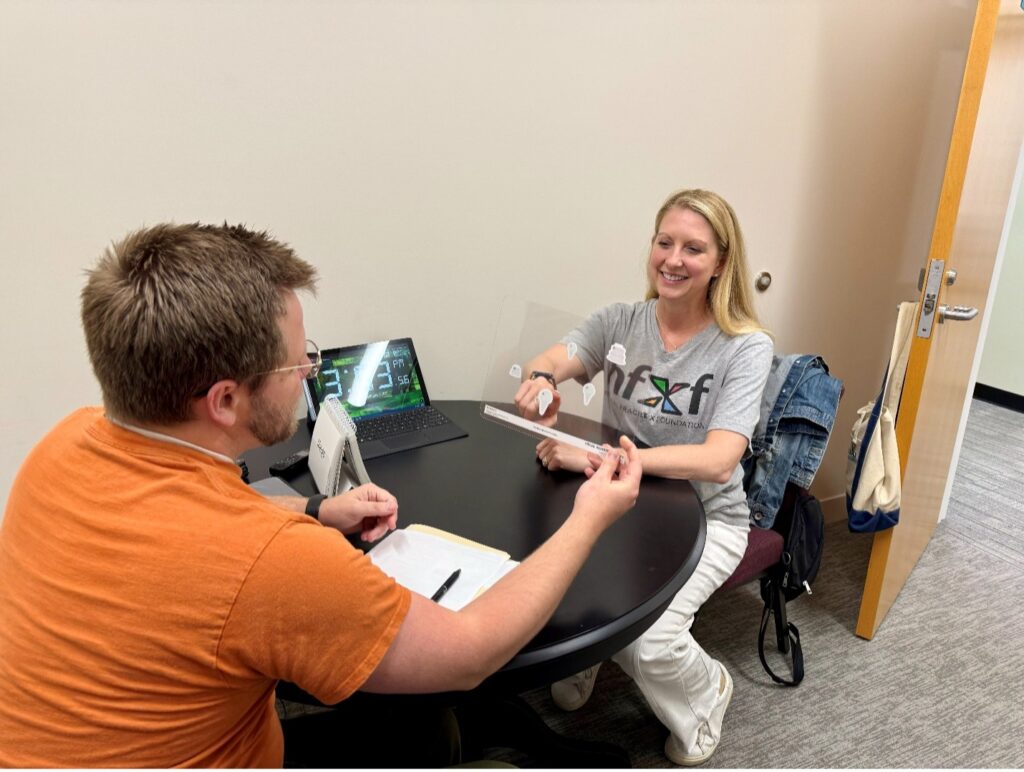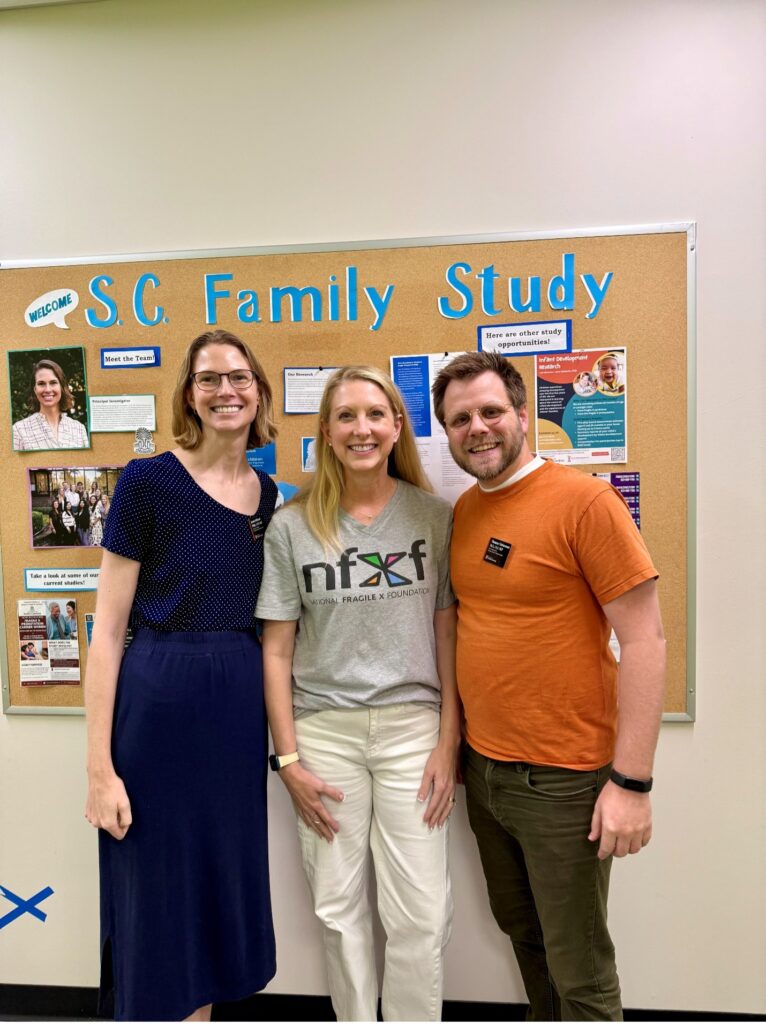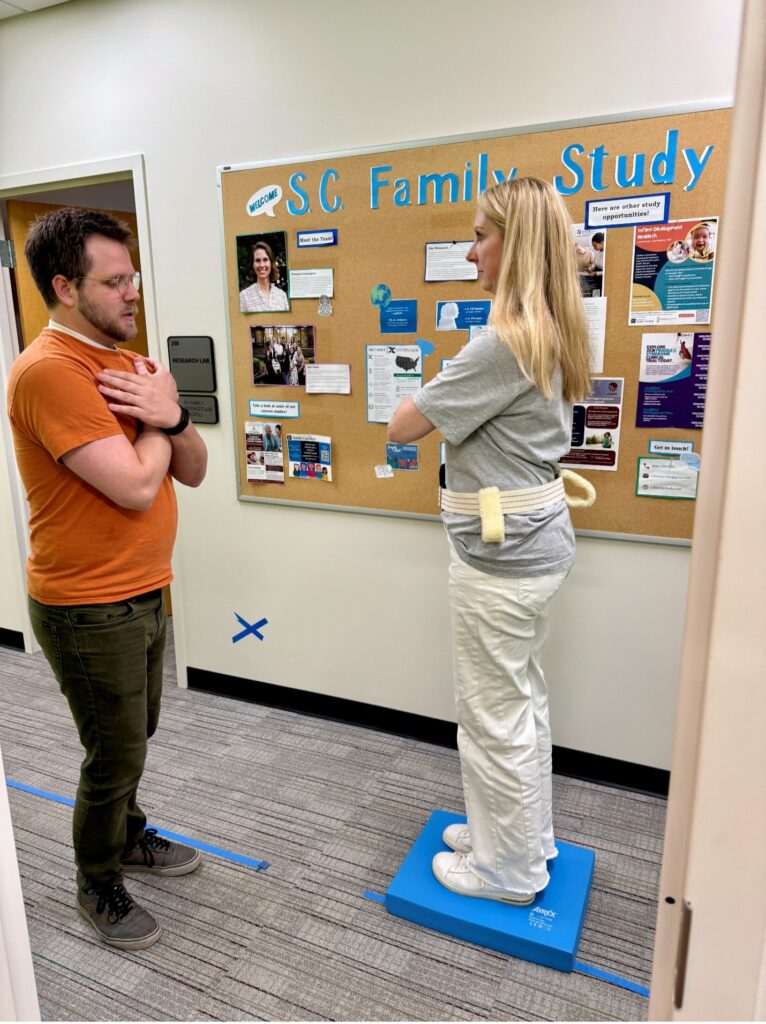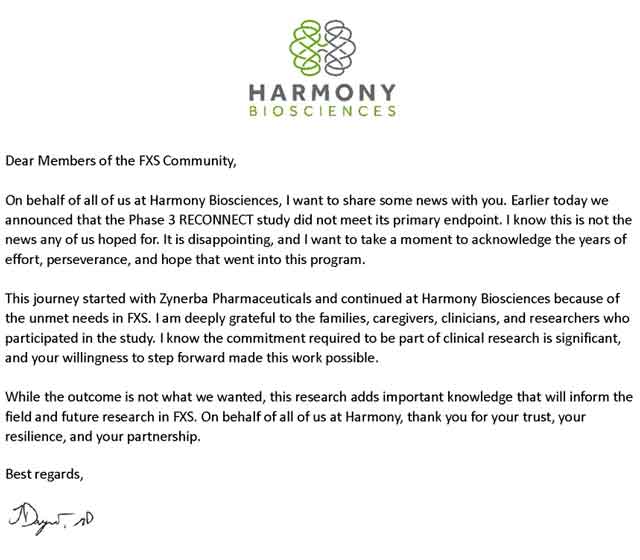We’re partnering with LivJoy Foundation to expand support for females with Fragile X syndrome
Meet Maya. Maya, 22 years old, has the full mutation of Fragile X syndrome. With her own determination, the help of her parents, and the opportunities presented by the National Fragile X Foundation, Maya is soaring. Maya is attending her last semester of college and recently worked to obtain an internship. Maya crafted her resume and practiced interviewing with her mom, which led to successfully landing a position! Maya still gets anxious and is concerned about making mistakes, but she has a patient supervisor who encourages her and she is doing well! Maya’s experiences at the NFXF Conferences – where she met other females with Fragile X and her parents learned more about how to best support her – inspired and encouraged Maya to dream big.
“We are both very proud of our Xtraordinary girl!”
Did you know approximately 1 in 7,000 males and 1 in 11,000 females have Fragile X syndrome? While FXS is more common in males than females, and males can experience more severe symptoms than females, that is not always true.
That’s why we’re partnering with the LivJoy Foundation to host a females with FXS-focused webinar series in 2026. So females like Maya are seen, heard, encouraged, and inspired to live life to their fullest potential. Because everyone deserves a space to learn and be themselves.
“Our mission at LivJoy is to ensure females with Fragile X are seen, understood, and supported. By partnering with the National Fragile X Foundation (NFXF), we are able to reach families and professionals nationwide with the knowledge, community, and support they’ve been looking for tailored to the female Fragile X experience.
For years, NFXF has led the charge in raising awareness, but the stories and challenges of girls and women have too often remained in the shadows. That’s why this collaboration between NFXF and The LivJoy Foundation is a game-changer: we’re amplifying the voices of girls and women with Fragile X like never before. Together, we’re not just raising awareness—we’re igniting change.”
Maya’s parents said it best, “We are both very proud of our Xtraordinary girl!”
Your gift today will help power our work to support Maya and other females with Fragile X syndrome today and into the future!



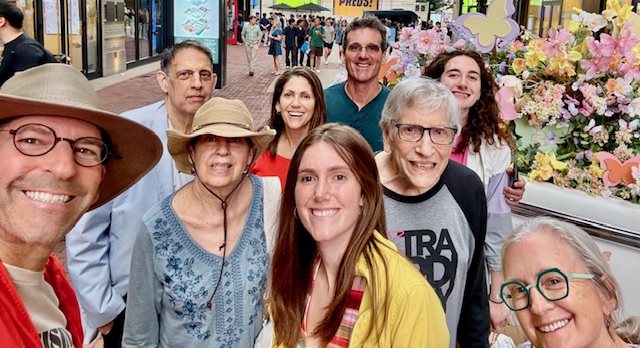
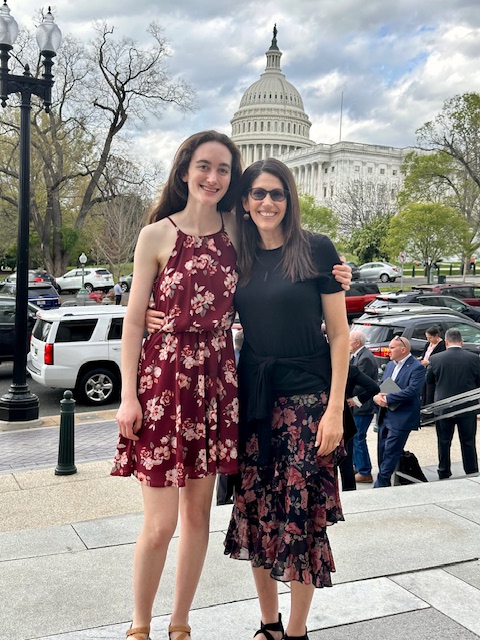
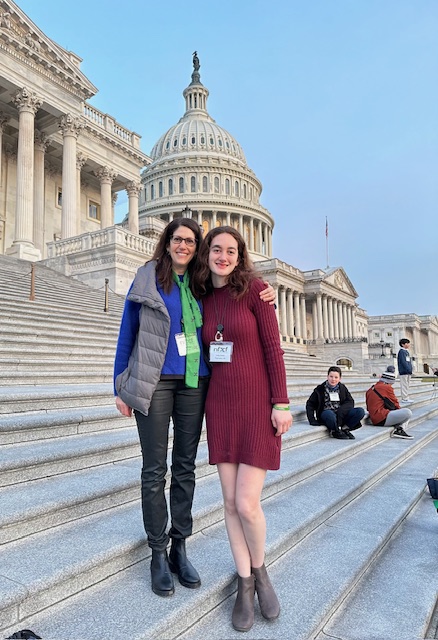
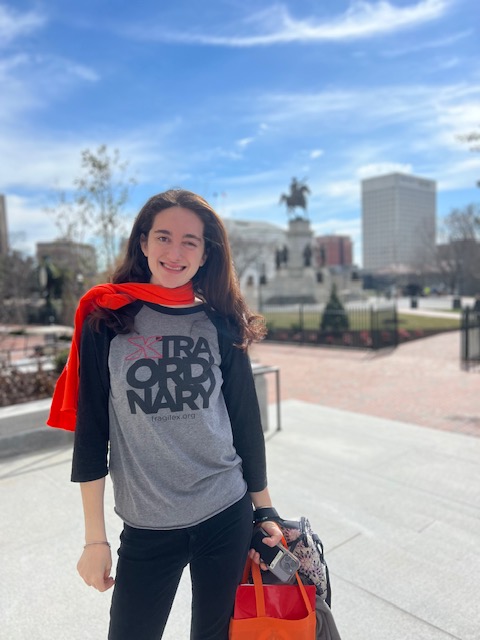
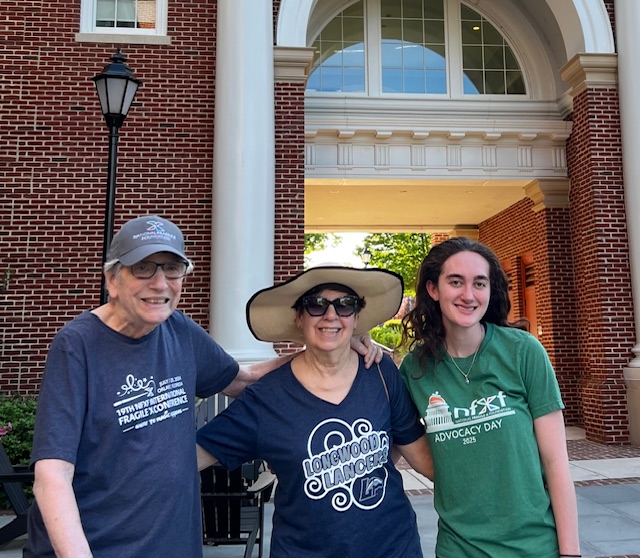
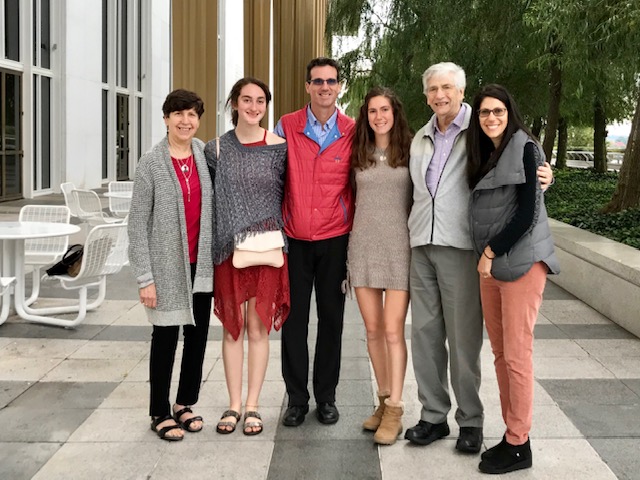


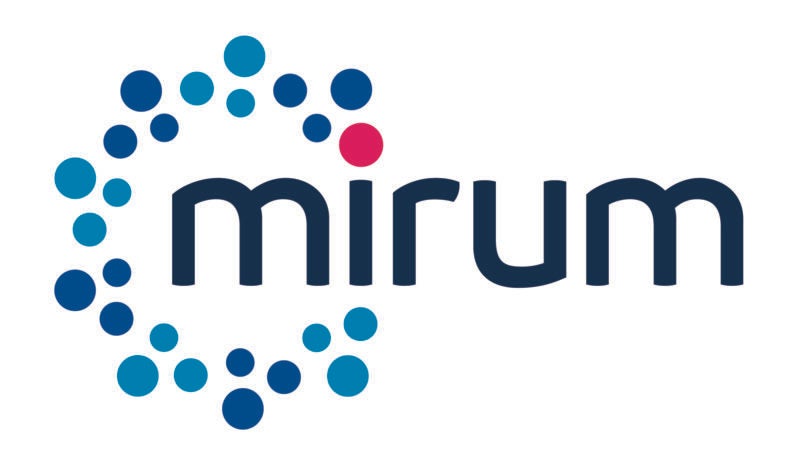
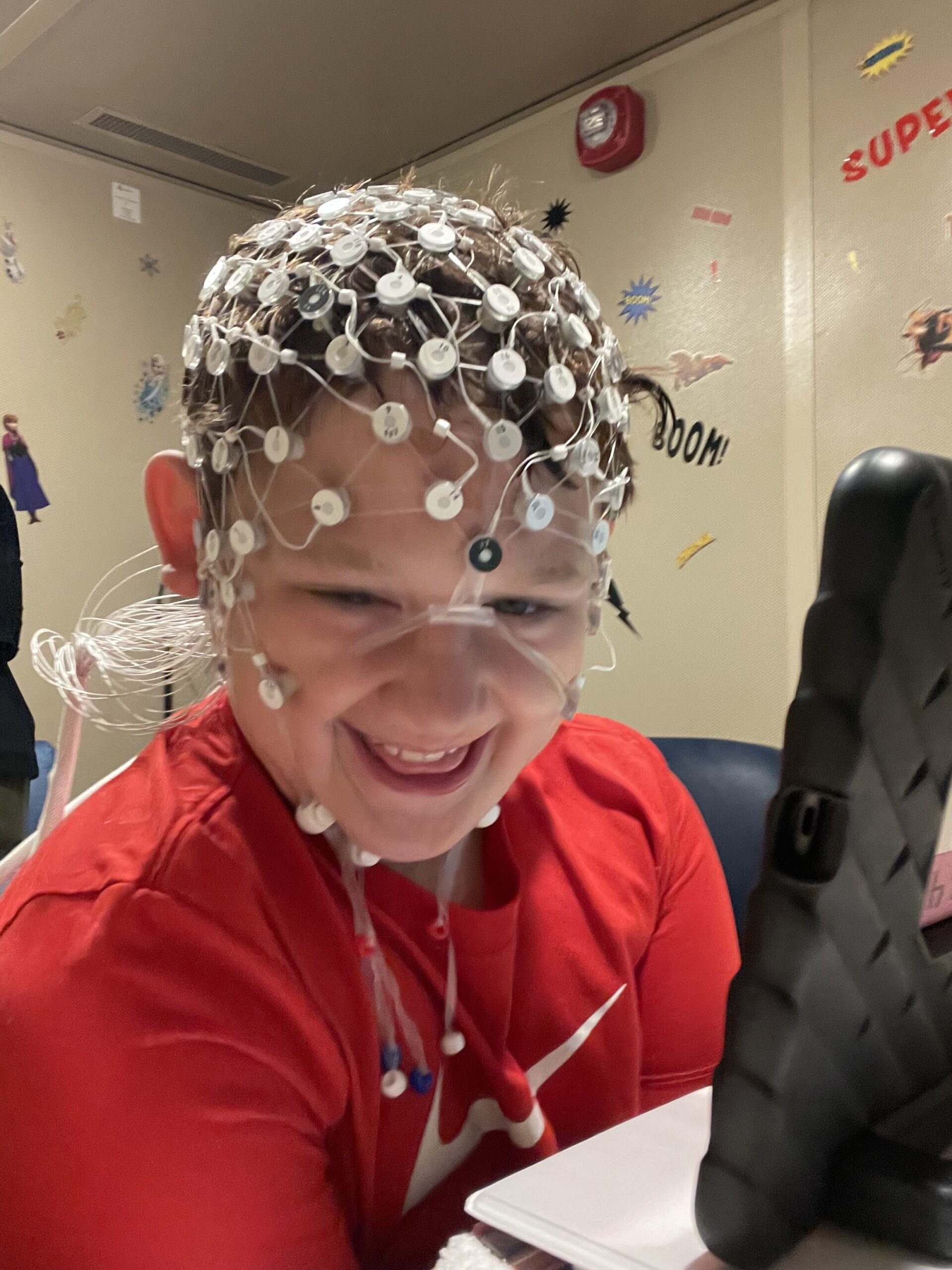 Meet Will.
Meet Will.